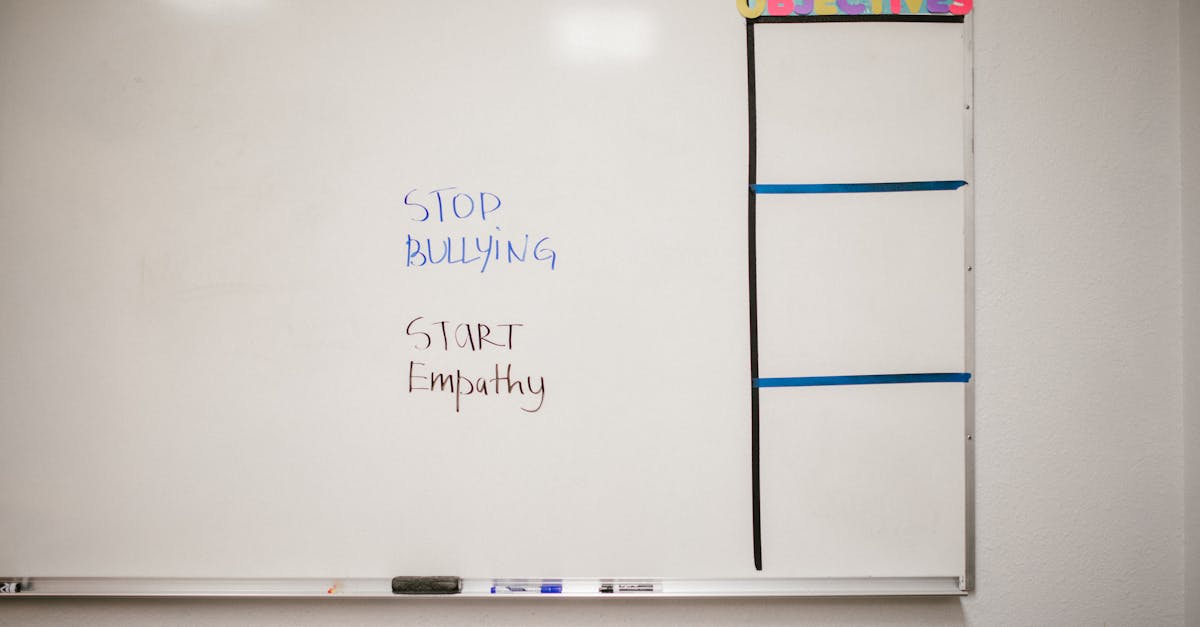Saying "No" with Confidence: Master the Art of Verbal Self-Defense
The Role of Empathy in Saying "No"

While saying "no" is about asserting your own needs, it is also important to consider the feelings of the person making the request. Empathy plays a crucial role in delivering a refusal that is both firm and considerate. By acknowledging the other person's perspective and expressing understanding, you can soften the impact of your "no" and maintain a positive relationship. For instance, using phrases like "I understand that this is important to you" or "I appreciate you thinking of me" can demonstrate empathy while still upholding your boundaries. Balancing empathy with assertiveness ensures that your refusal is respectful and considerate.
Practice Makes Perfect: The Art of Saying "No"

Like any skill, saying "no" with confidence improves with practice. Start by identifying low-stakes situations where you can practice your refusal, gradually working your way up to more challenging scenarios. Role-playing with a trusted friend or family member can also be a valuable exercise, allowing you to rehearse your delivery and receive feedback. As you become more comfortable with saying "no," your confidence will grow, making it easier to assert your boundaries in any situation. Remember, the goal is not to become inflexible but to develop the ability to make choices that align with your values and priorities.
